Marruecos pregunta a España "si desea sacrificar la relación" por Brahim Ghali
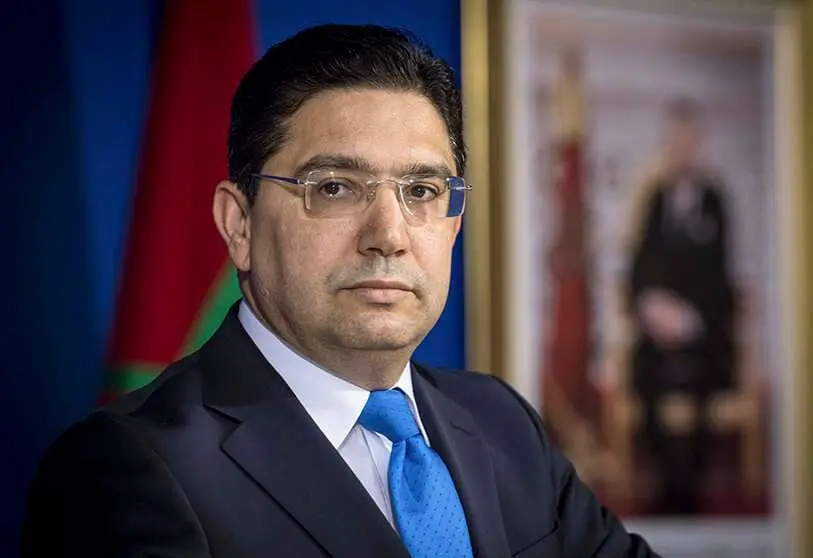
Morocco wonders whether Spain "wishes to sacrifice its bilateral relations" over the case of Brahim Ghali, and is still waiting for "a satisfactory and convincing response" on this matter from the Spanish government, said the Moroccan Foreign Minister, Nasser Bourita, in an interview with Efe.
The Moroccan minister stressed that his country has not yet received answers from Madrid to the questions he raised last weekend in a public statement in reference to the hospitalisation of the Polisario leader, suffering from COVID, in Spain, an admission that the Spanish Foreign Minister justified "for humanitarian reasons".
"Why did the Spanish authorities consider that Morocco should not be informed (of Ghali's arrival in Spain), why did they prefer to coordinate with Morocco's adversaries (in reference to Algeria), is it normal that we should have found out about it from the press?
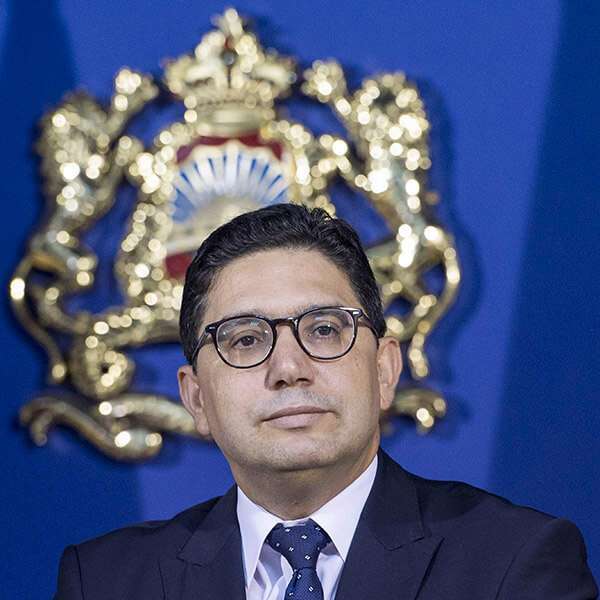
He considered this episode "a test of the reliability of our relationship and its sincerity, and whether they are more than a slogan", and compared it to Rabat's past treatment of Catalan pro-independence leaders.
"When Spain was confronting (Catalan) separatism, Morocco was very clear, and at the highest level: rejecting all contact and interaction with them and informing our (Spanish) partners. When (the Catalans) asked us to receive them at the Ministry, we demanded that someone from the Spanish Embassy be present," he said.
"With partners, you don't manoeuvre behind your back on an issue (the Sahara) that is fundamental for Morocco", he stressed.
Asked whether this incident could affect the holding of the High Level Meeting between the two governments, scheduled for December and now postponed sine die, Bourita confined himself to recalling what his government is asking of Spain: "Clarity, first things must be clarified".
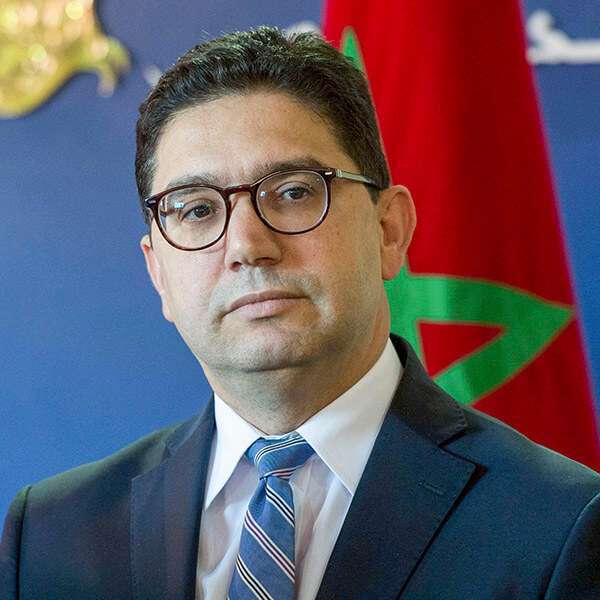
Bourita considered that the "Ghali case" reflects "the double face of the Polisario: while its leaders have the right to a private plane and a new identity (with which he was supposedly hospitalised in Logroño), its population kidnapped in Tindouf have neither masks nor hydroalcoholic gel, while they are devoured by COVID in the most total indifference".
For the minister, Spain is closing its eyes to Ghali's "atrocities": "He is a rapist who tolerated slavery, torture, war crimes, child soldiers and genocide, and Spain knows this before anyone else. Does it want to sacrifice its relationship with Morocco for this person?
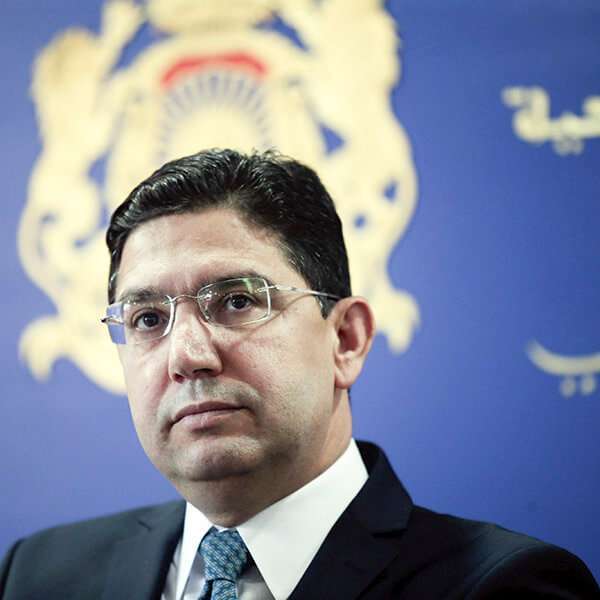
He also referred to the complaints filed against Ghali by the Saharawi Association for the Defence of Human Rights and by the Canary Association of Victims of Terrorism: "Where is the Spanish justice system in all this? Has no judge thought it necessary to act on these complaints?
And with regard to Spain's historical responsibility for the Sahara as a former colonial power, he considered it "a pretext that no longer holds water", arguing that Spain also colonised territories such as Sidi Ifni or the Spanish protectorate in the north of Morocco, and there it acts "normally". "We cannot remain prisoners of the Spanish past", he insisted.
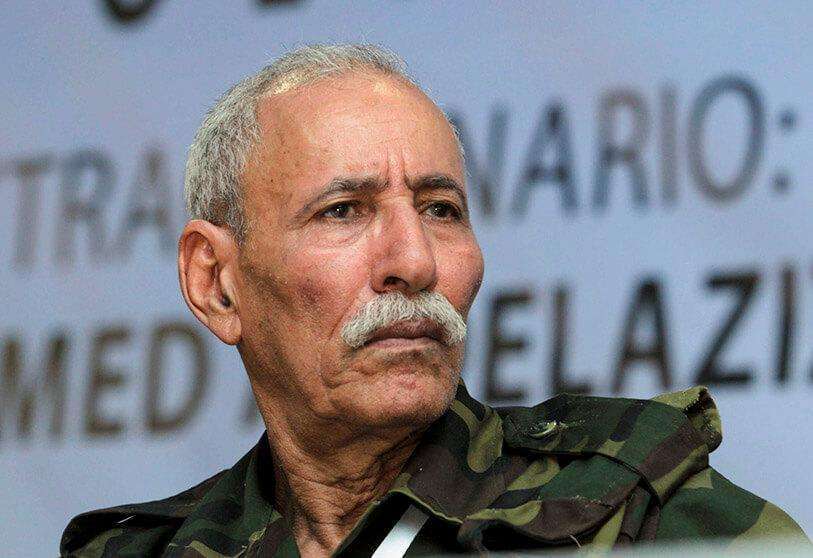
Bourita acknowledged that, with Spain, Morocco has "a global partnership: political, economic, commercial, human and police", and this is where the migration issue comes in, but it should not be thought of as "an à la carte relationship: when it comes (for Spain) to scheming with Algeria and the Polisario, Morocco falls off Spain's radar screen, but when we talk about emigration or terrorism, we become important again".
He stressed once again that his country refuses to be "the gendarme" of the European Union on migration issues: "Emigration needs to be dealt with globally, not just financially: we must be partners in the vision, in the formulation of strategies, and not just in their implementation in exchange for a sum of money", he recalled.
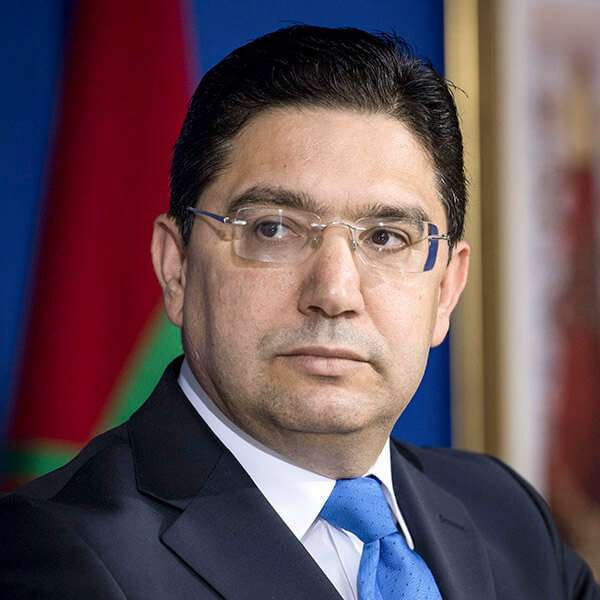
The minister regretted that migration issues in Europe depend on political questions: "Political polls, pressures and electoral deadlines lead Europeans to short-sighted considerations", he commented, before asking "not to diabolise the migration phenomenon".








